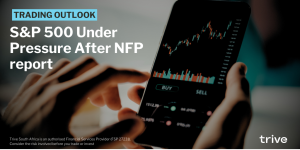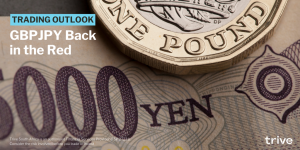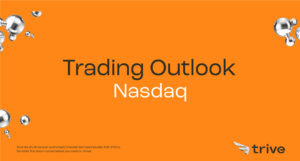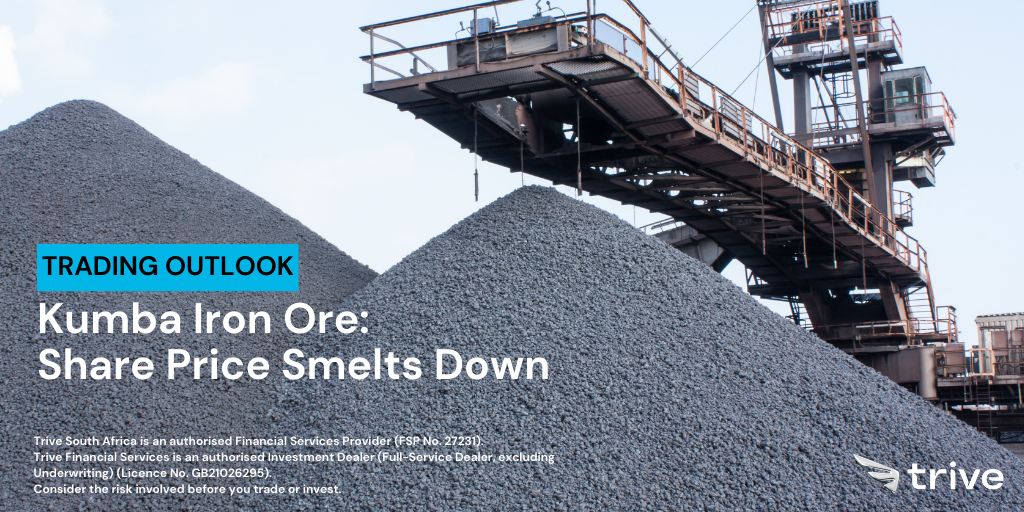
Kumba Iron Ore Ltd (JSE: KIO), South Africa’s iron ore giant, reported impressive earnings growth despite facing a year marked by global uncertainty and domestic challenges. While its share price has dipped 14% year-to-date, largely due to broader market anxieties, the company’s robust financials and strategic adjustments paint a compelling picture.
Kumba’s revenue surged 16.5% to a staggering R86.2 billion. This surge was fuelled by a 3.5% increase in average iron ore export price to $117 per wet metric tonne (wmt), a 12.7% weaker Rand (boosting export value), and a 1.6% rise in sales volume to 37.2 Mt. Furthermore, Kumba achieved remarkable cost savings of R1.0 billion in 2023, translating to a resilient EBITDA margin of 53%, a 3% increase year-on-year. These factors contributed to an impressive R14.9 billion in free cash flow, 43% higher than in 2022.
However, Kumba is not immune to the global market concerns. Macroeconomic volatility, geopolitical tensions, and persistent inflation pose significant challenges. Domestically, loadshedding and logistics constraints add further cost pressures. To navigate these choppy waters, Kumba is strategically adjusting its strategic plans. It’s reconfiguring its annual production profile to 35-37 Mt, aligning with logistics capacity, and making strategic job cuts to optimize costs and shore up earnings. Kumba Iron Ore presents a complex picture as its fundamentals are undeniably strong, while external forces present significant challenges.
Technical
Once a star on the rise, Kumba Iron Ore’s share price has hit a bumpy patch. January witnessed a sharp 10% decline, snapping a four-month winning streak and raising eyebrows among investors.
Kumba had been cruising within an ascending channel, validating the uptrend. The uptrend was initiated from support at the ZAR 416.10 per share level. However, a breakdown below this channel and the crucial 100-day moving average signalled a loss of momentum as the price reversed from the ZAR 637.98 per share resistance level amid overbought RSI conditions.
Selling pressure intensified, pushing the price down towards the 50% Fibonacci Retracement level, a key intermediate support zone. This level marks a halfway point between a previous uptrend and the recent retracement. If the 50% level holds, a bounce back and a retest of the previous resistance at ZAR 637.98 could be on the cards. This would require buying pressure to return, fuelled by positive market sentiment. However, a breakdown below the 50% level, especially on high trading volumes, could paint a bleaker picture. This could signify a more decisive downtrend, potentially leading to a drop towards the next major support, the 61.80% Golden Ratio.
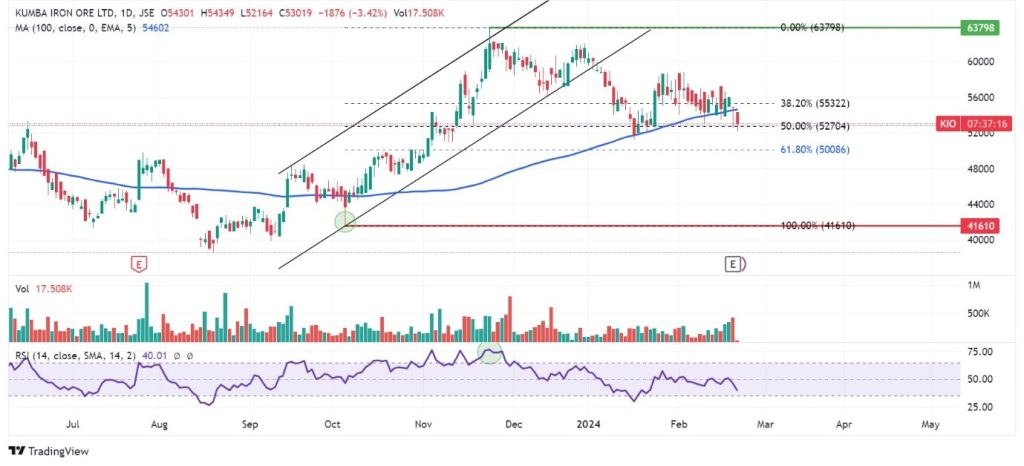
Summary
Despite impressive earnings growth, Kumba Iron Ore navigates choppy waters. Global uncertainties and a 14% year-to-date share price decline present challenges. Technically, the 50% Fibonacci level acts as crucial support, potentially pivoting price action. Kumba’s future hinges on its ability to weather external headwinds while leveraging its strong fundamentals.
Sources: Kumba Iron Ore Ltd, Reuters, TradingView
Piece Written By Nkosilathi Dube, Trive Financial Market Analyst
Disclaimer: Trive South Africa (Pty) Ltd (hereinafter referred to as “Trive SA”), with registration number 2005/011130/07, is an authorised Financial Services Provider in terms of the Financial Advisory and Intermediary Services Act, 37 of 2002. Trive SA is authorised and regulated by the South African Financial Sector Conduct Authority (FSCA) and holds FSP number 27231. Trive Financial Services Ltd (hereinafter referred to as “Trive MU”) holds an Investment Dealer (Full-Service Dealer, excluding Underwriting) Licence with licence number GB21026295 pursuant to section 29 of the Securities Act 2005, Rule 4 of the Securities Rules 2007, and the Financial Services Rules 2008. Trive MU is authorized and regulated by the Mauritius Financial Services Commission (FSC) and holds Global Business Licence number GB21026295 under Section 72(6) of the Financial Services Act. Trive SA and Trive MU are collectively known and referred to as “Trive Africa”.
Market and economic conditions are subject to sudden change which may have a material impact on the outcome of financial instruments and may not be suitable for all investors. Trive Africa and its employees assume no liability for any loss or damage (direct, indirect, consequential, or inconsequential) that may be suffered. Please consider the risks involved before you trade or invest. All trades on the Trive Africa platform are subject to the legal terms and conditions to which you agree to be bound. Brand Logos are owned by the respective companies and not by Trive Africa. The use of a company’s brand logo does not represent an endorsement of Trive Africa by the company, nor an endorsement of the company by Trive Africa, nor does it necessarily imply any contractual relationship. Images are for illustrative purposes only and past performance is not necessarily an indication of future performance. No services are offered to stateless persons, persons under the age of 18 years, persons and/or residents of sanctioned countries or any other jurisdiction where the distribution of leveraged instruments is prohibited, and citizens of any state or country where it may be against the law of that country to trade with a South African and/or Mauritius based company and/or where the services are not made available by Trive Africa to hold an account with us. In any case, above all, it is your responsibility to avoid contravening any legislation in the country from where you are at the time.
CFDs and other margin products are complex instruments and come with a high risk of losing money rapidly due to leverage. You should consider whether you understand how these products work and whether you can afford to take the high risk of losing your money. Professional clients can lose more than they deposit. See our full Risk Disclosure and Terms of Business for further details. Some or all of the services and products are not offered to citizens or residents of certain jurisdictions where international sanctions or local regulatory requirements restrict or prohibit them.


